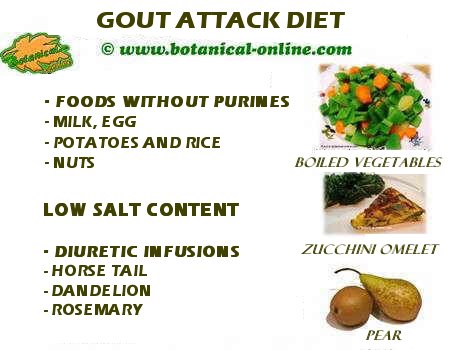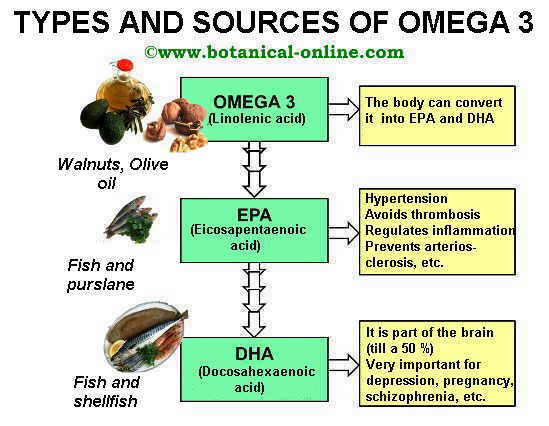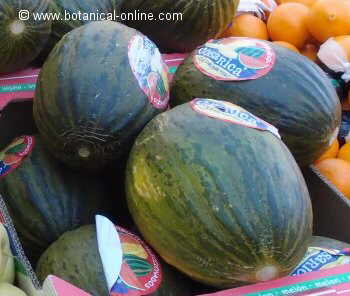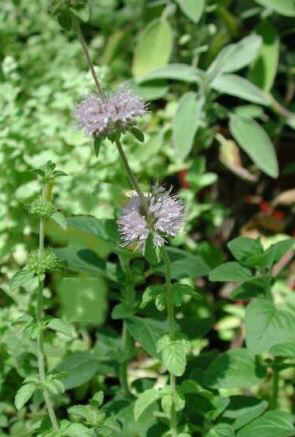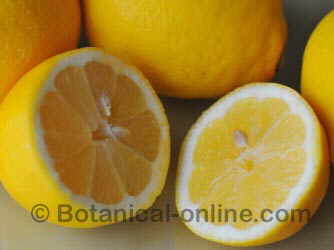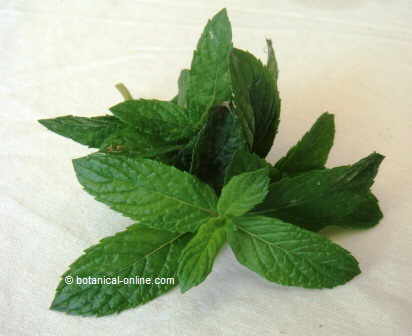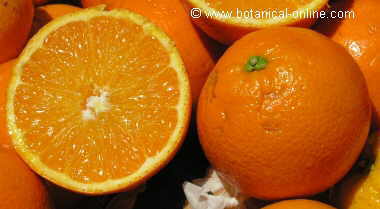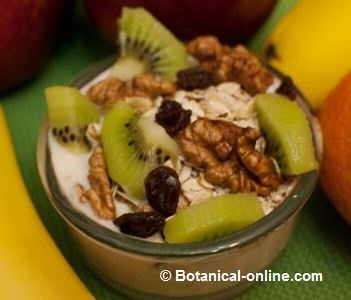Vegetarian food for memory loss or amnesia
DIET FOR MEMORY LOSS OR AMNESIA
How to improve your memory with a suitable diet
Diet plays a very important role in preserving memory. Many of the memory problems are due to a lack of components, mainly vitamins, which are necessary for neurons to operate properly.
Age is a very important factor not only for neuronal loss that occurs over the years but also because during this time, there are a series of imbalances that lead to decreased absorption of vitamins, minerals or other elements necessary for the nervous system.
In young people, on the contrary, the problem could be a poor quality of food. Eating a lot of refined sugar can cause blood glucose highs and lows, which cause overexcitation followed by a state of drowsiness. These imbalances are detrimental to brain functioning.
What is memory loss due to?
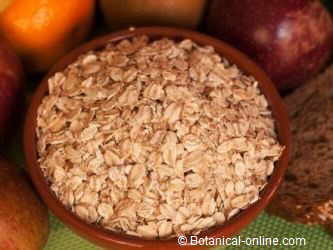
Oat flakes provide quality energy for the brain and lots of B vitamins.
The loss of memory can be due to a lack of concentration, due to a poor diet, the consumption of toxic substances (alcohol, tobacco, …) or stress.
Other times, the loss of memory is due to the effect on the brain of food contaminated by pesticides, heavy metals or other toxins that reduce their health, or the consumption of foods with a lot of sugar.
Sometimes memory loss is due to brain being contaminated by food rich by pesticides or other toxins that reduce their health.
Eating right, along with the rest of natural resources studied above , can help to preserve the memory active for more years and, in many cases, to recover it.
FOOD FOR MEMORY
Eating properly can help to keep active memory for more years and even to recover it. Among the recommended foods for memory we have the following:

The shape of nuts reminds a brain and, as a food, they are very healthy for the nervous system because they contain omega 3.
Foods rich in Omega-3 for your memory
Omega 3 is an essential fatty acid very important for the formation of neurotransmitters and for good circulation of arteries and capillaries. An adequate ingestion of them will help us to improve the state of the circulatory system as well as help to form the substances that intervene in the connection between neurons. We must not forget that the brain is composed mainly of fats.
Supplementation with omega 3 has improved many mental disorders such as insomnia, stress or anxiety, and it has been shown that some psychological pathologies, such as lack of attention or hyperactivity, are symptoms of a deficit of omega 3 in the diet.
In addition, this supplement lowers triglycerides, lowers cholesterol, prevents the formation of blood clots in the arteries and slightly reduces hypertension.
Many of the brain accidents, especially in the elderly, are due to problems in the arteries caused by arteriosclerosis or poor circulation.
These fats can be obtained through:
- Foods rich in omega 3: nuts, ground chia seeds, ground flax seeds, almonds, avocado, tahini, etc.
- Oils rich in omega 3 used in crude, such as sesame oil, flaxseed oil (use only not refined and cold pressure)
- Wheat germ supplements
- Eat oily fish a couple of times a week (sardines, herring, …) (in the case of nonvegetarian diets)
These fatty acids are very important in the preservation and maintenance of the arteries and capillaries. An adequate intake of them will help us to keep them in good state.
Many strokes, especially in the elderly, are due to problems in the arteries caused by poor circulation.
Many vegetables also contain this essential fatty acid, such as spinach, almonds, cucumbers, or lettuces. Eating them regularly helps to maintain good levels of these acids in our body.
Vitamins of group B for the brain
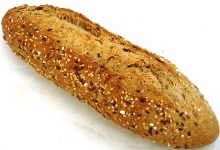
Whole wheat bread is better than white bread.
– Foods rich in Vitamin B: Vitamin B is considered the most important vitamin for mental health. Within the group of vitamin B, there are some vitamins particularly interesting for conservation and maintenance of memory: Vitamin B1 (Thiamin), Vitamin B3 (Niacin), Vitamin B6 (Pyridoxine), Vitamin B9 (Folic acid) and Vitamin B12 (Cobalamin).
For this reason, foods rich in vitamin B should always be present in the diet for memory. Among the foods that contain them, the richest in thiamine, niacin and pyridoxine are eggs, whole grains and wholemeal bread (with slow fermentation). These foods will help us improve and preserve memory and the ability to concentrate.
Oat flakes are recommended because they provide good brain energy and lots of B vitamins. They are suitable for breakfast or snack, they are eaten with milk (or vegetable drink), fruits, raisins or nuts, to taste.
In addition to consuming foods with vitamin B, it is important to avoid refined sugar, because it lowers the levels of these vitamins (pastries, cookies, sugary cereals, etc.).
Eating natural foods containing vitamins of this group will help us improve and maintain memory and mental concentration.
Choline to increase your memory
– Foods high in choline: Choline is considered a member of vitamin B. It comes from the degradation of phosphatidylcholine, a component of lecithin.
Choline is responsible for the formation of the neurotransmitter acetylcholine. Acetylcholine is necessary for the proper functioning of nerve impulses in the brain.
Without enough choline some imbalances in the brain can take place that are manifested in the form of inappropriate behavior, emotional problems and lack of memory. Among the major choline-rich foods, we have the group of legumes in gneral ( soybean, beans, peas, peanuts… ) garlic, onions, celery, asparagus, oats, borage, carrots, wheat, rice, eggplants, or maize.
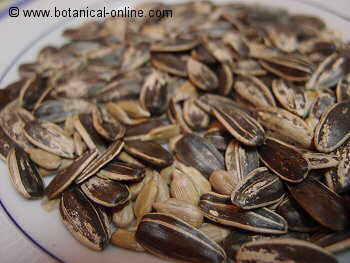
Sunflower seeds, raw or toasted (without frying, without salt and without additives) are very suitable for the brain
Sunflower seeds are recommended for students and people with high stress, because they contain many essential fatty acids, antioxidants (vitamin E), group B vitamins and lecithins. They also provide proteins that help form neurotransmitters.
Soy lecithin supplements are very rich in lecithin and choline. They are usually prescribed, in addition to reducing cholesterol, to improve memory.
Antioxidants to slow aging and preserve memory
Free radicals are largely responsible for the oxidation of cells and their subsequent aging and degeneration. Eating foods rich in antioxidant compounds is the best way to keep your mind in good shape. Most fruits and vegetables are rich in these components so that a diet based primarily on these foods will help us preserve and protect the memory.
Other plant-food is very rich in flavonoids with antioxidant properties. Among these foods we could mention, for example, tomatoes or carrots, very rich in lycopene; garlic, onions, apples, cabbages, pears, or spinach that contain much quercetin; peppers, oranges, lemons, grapefruits, etc., with high amounts of vitamin C; pumpkins or borage that contain high amounts of carotenoids, etc.
![]() More information on the natural treatment of the problems of memory.
More information on the natural treatment of the problems of memory.

